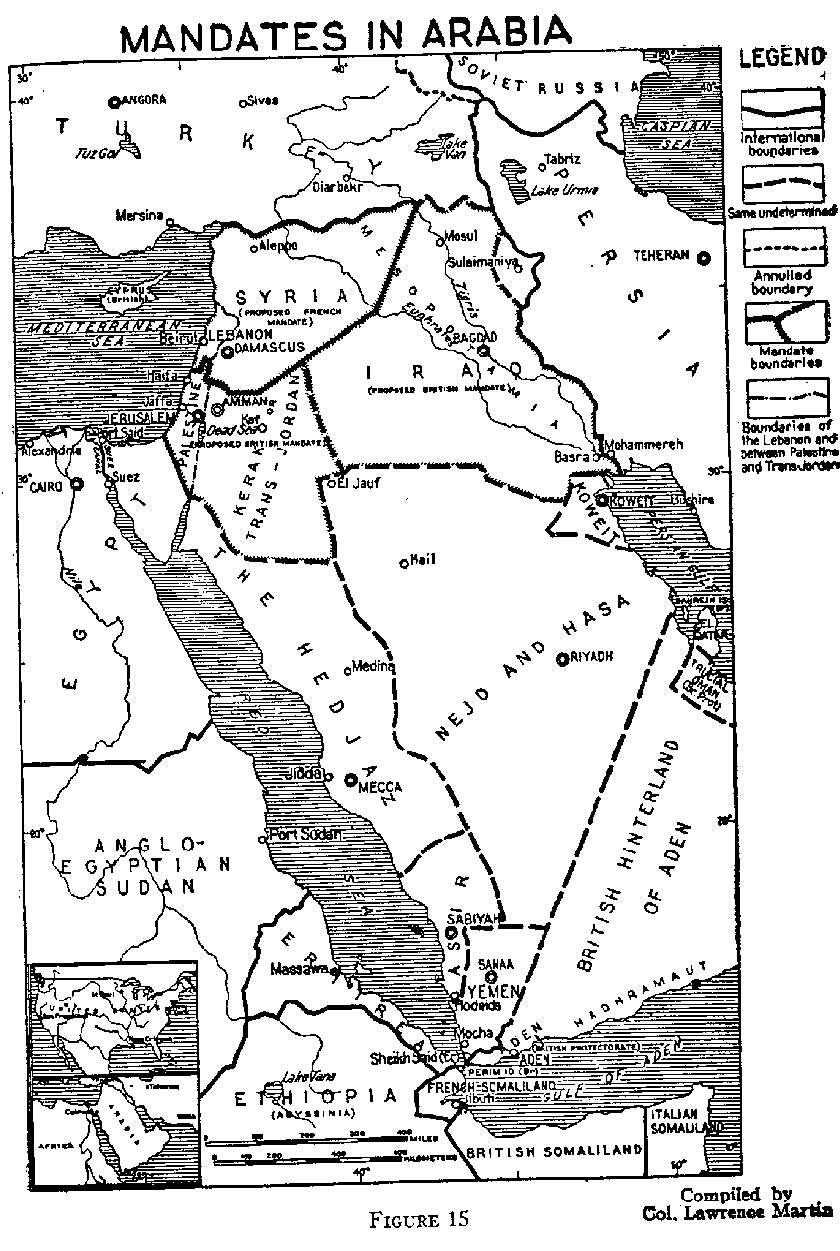I am just going by what the treaty said.You can throw lies at it as often as you want. It doesn't change the facts.It was clear. Those who normally lived in the territory of Palestine, that was defined by international borders, would be Palestinian citizens. Nobody was excluded and nobody else was included.Depends on who you think are the palestinians in the first place. on what racist factors you place on the people living there and when the arrived.
Lausanne was a treaty that was common at the time and was punishment for losing the war. There was also another nation involved in Lausann that is never mentioned because it did not involve the M.E.
Addressed more times than I can remember.
If they are lies then why cant you prove they are, is it because there is no evidence to back you up ?
What do you have?
No you are trying to imply it says that the arab muslims already had a nation when it says no such thing. There is no mention of palestine in the treaty and there were no international borders to a non existent nation either.
I have the actual complete words of the treaty and the explanation by those who were present during its negotiations.
Lausanne Treaty
Map that shows the international borders, non shown for palestine

And trans Jordan is shown as part of the mandate of palestine
And as it says
SECTION II .
NATIONALITY.
ARTICLE 30.
Turkish subjects habitually resident in territory which in accordance with the provisions of the present Treaty is detached from Turkey will become ipsofacto, in the conditions laid down by the local law, nationals of the State to which such territory is transferred.
which state was it transferred to in 1923 ?

